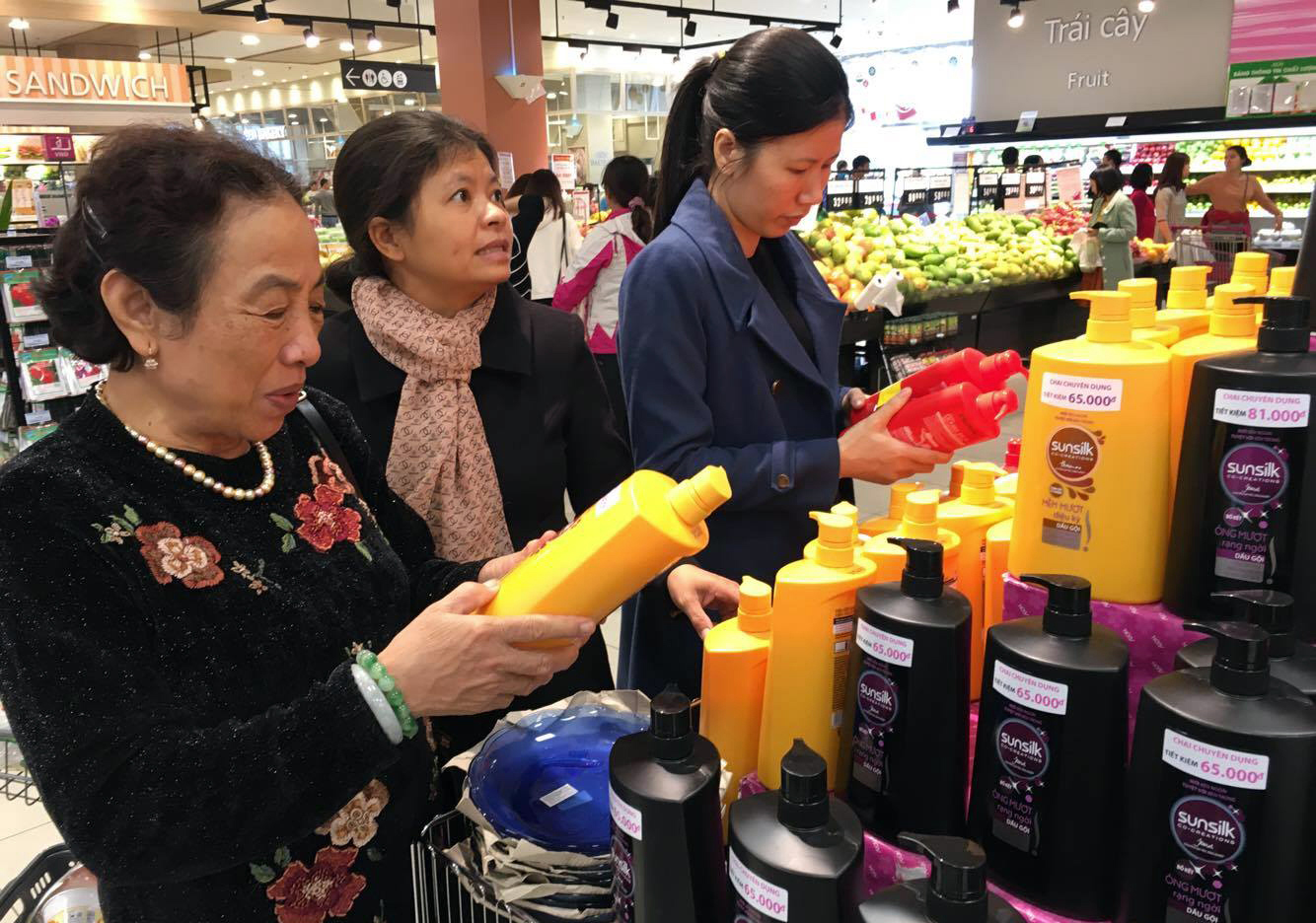Viet Nam has become an attractive market for Japanese retailers following the popularity of Japanese goods in the domestic market.

Viet Nam has become an attractive market for Japanese retailers following the popularity of Japanese goods in the domestic market.
According to Kazuhiro Takahashi, Head of the Food, Agriculture, Forestry and Fishery Division under the Japan External Trade Organisation (JETRO), Viet Nam is one of the potential food markets for Japanese enterprises, especially for aquatic products.
Katsuya Uchida, a representative of Japan’s Kyokuyo Company, said that the Vietnamese market currently accounts for 30 per cent of the total seafood export turnover of his company. Of which, salmon and tuna are the most consumed products and receive positive feedback from consumers.
In order to promote exports and dominate the Vietnamese market, Japanese consumer goods and foodstuff enterprises also tend to change some criteria of their products to suit the tastes of Vietnamese consumers.
Besides, Japanese enterprises actively seek partners who can supply raw materials in Viet Nam in order to save costs and lower production costs.
Recently, more than 80 Japanese and Vietnamese enterprises participated in a trade conference in the southern province of Dong Nai to promote development cooperation between the two sides and call for investment and development cooperation.
Representatives of Japanese enterprises, who are manufacturing and doing business in Dong Nai Province, said that most of them have to import 60-90 per cent of raw materials and components from foreign countries in service of production.
Therefore, these companies want to find suitable partners in the Vietnamese market to supply raw materials of high quality and at competitive prices in order to reduce imports and increase the rate of domestic production.
As one of the largest Japanese supermarkets in Viet Nam, AEON’s policy in the Vietnamese market is to set aside 80 per cent of its shelves to display Vietnamese goods. The remaining 20 per cent is for goods imported from Japan and other countries.
According to a representative of AEON Vietnam, the massive appearance of Japanese retailers in Viet Nam is a great opportunity for the country’s prestigious products to emerge in the distribution network of large retailers.
Japan’s distribution and retail systems not only help Vietnamese businesses expand their domestic market but also to create conditions for Vietnamese products to reach the Japanese market and affirm their trademark in other countries, the representative said.
However, in order to be able to participate in the distribution and retail systems of Japan, the goods must be accompanied with documents proving their origin and quality accreditation, in accordance with legal regulations, as well as meeting the quality standards of each supermarket.
At present, the Ministry of Industry and Trade has access to a number of distribution systems in Viet Nam such as AEON, Walmart, Lotte and Auchan, as well as some foreign distribution systems not available in Viet Nam such as Co.op Italia, Bonat Italia, Central Group, French Ocean and German Metro to promote the direct distribution of Vietnamese products to the world market.
Besides, according to experts, Vietnamese consumers’ preference for Japanese products is also opening up opportunities for Vietnamese producers to improve their products to increase competitiveness.
They said that Vietnamese producers need to have strategies to produce safe products that meet quality standards and the needs of consumers in the market.
In addition, there is a need for linkages between associations to create bulk supply chains, which will enable small businesses to access the market.
As consumers strictly demand quality products, Vietnamese producers should enhance the competitiveness through the improvement of quality for sustainable development, the experts said. — VNS





